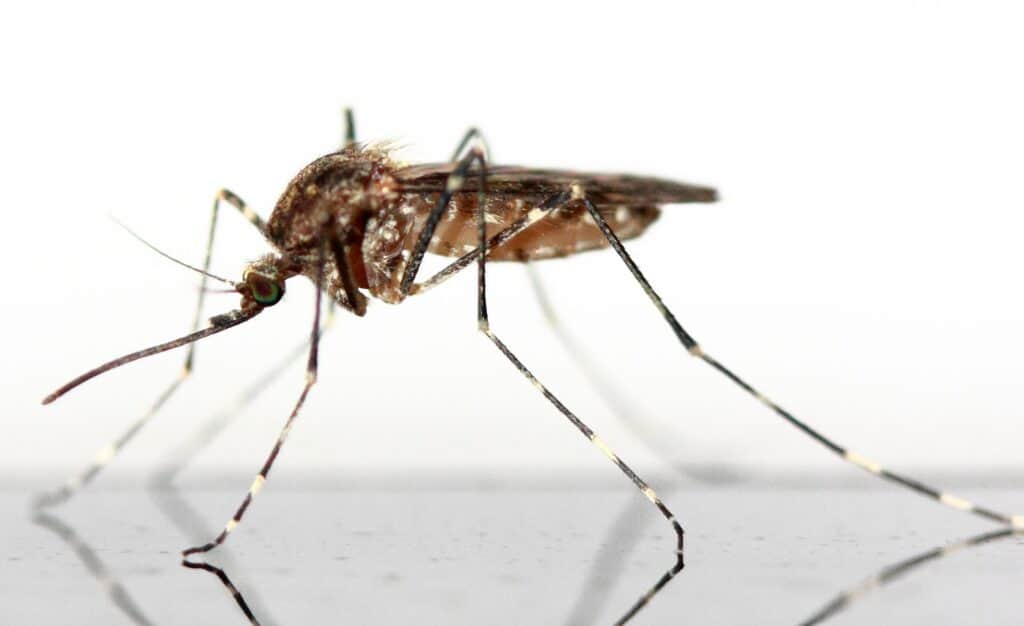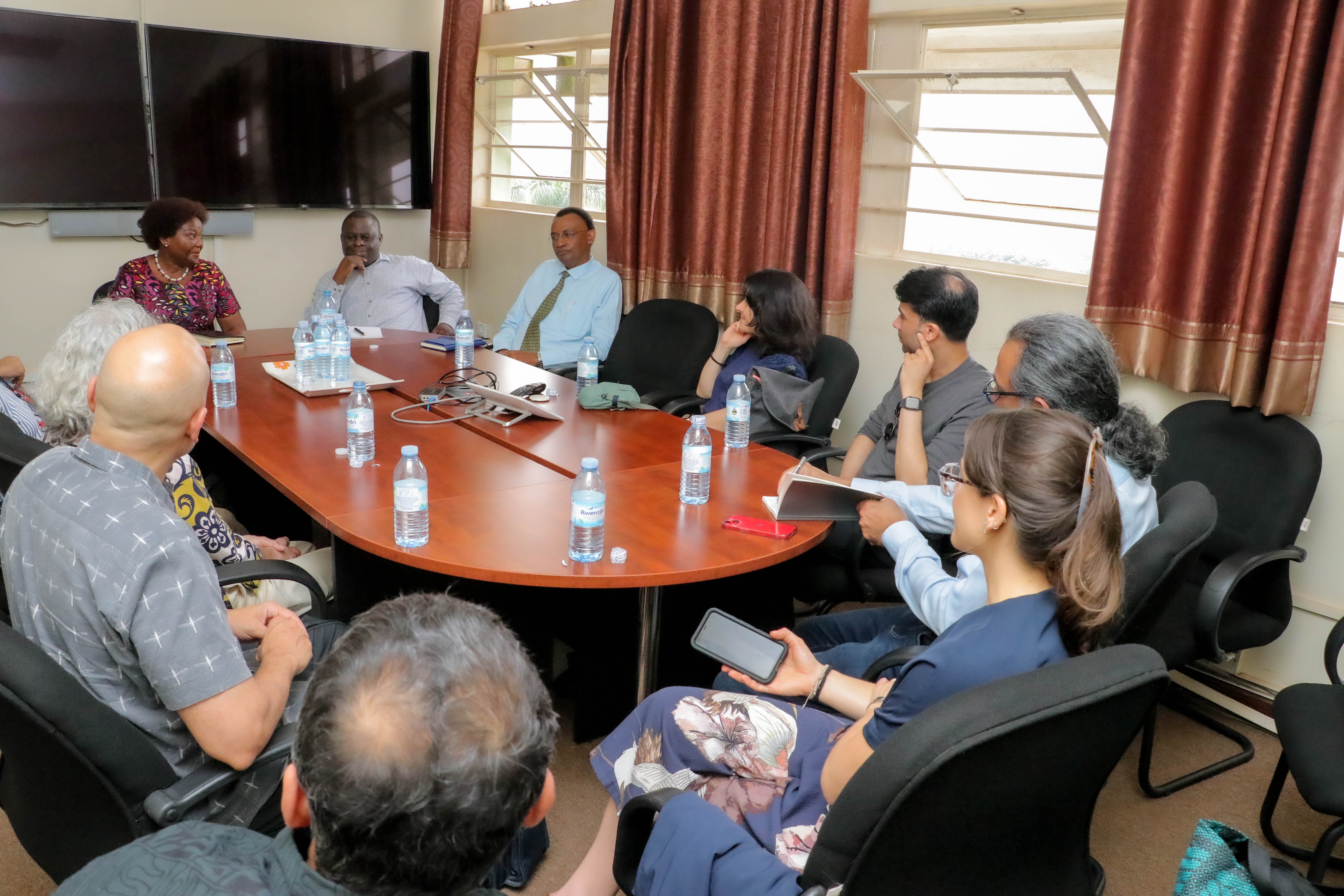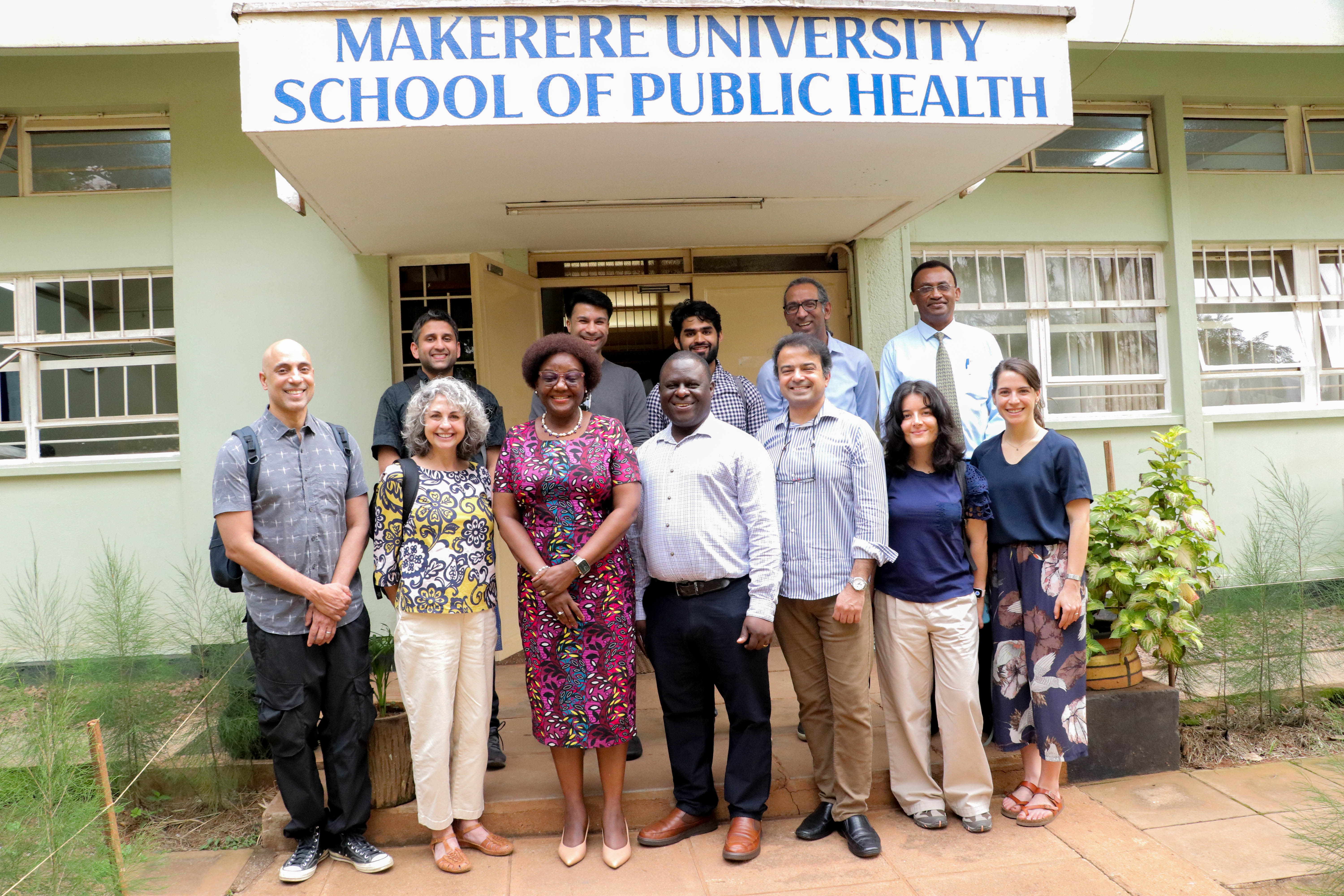
In the global fight against malaria, there are stories of hope and determination alongside persistent challenges. While some nations today celebrate monumental victories against this relentless disease, others continue to grapple with its enduring impact, especially on their most vulnerable population, Uganda being a good example.
Cape Verde, a serene island nation off Africa's West coast, stands tall as a beacon of success in malaria control. The recent declaration by the World Health Organization (WHO) affirming Cape Verde as malaria-free country marks the culmination of decades-long endeavors to curb malaria transmission and enhance health outcomes.
This accolade places Cape Verde in esteemed company in Africa, joining the ranks of Algeria, Morocco, and Mauritius, who were certified malaria-free by WHO in 2019, 2010, and 1973 respectively. At the time of announcement on 12 January 2024, the WHO Director-General, Dr. Tedros Adhanom Ghebreyesus, commended the country for its unyielding efforts.
“WHO’s certification of Cabo Verde being malaria-free is testament to the power of strategic public health planning, collaboration, and sustained effort to protect and promote health. Cabo Verde's success is the latest in the global fight against malaria, and gives us hope that with existing tools, as well as new ones including vaccines, we can dare to dream of a malaria-free world,” Tedros noted.
The Director General's message of hope resonates well with Uganda’s plight, captured in the country’s aspirations on the Malaria Reduction and Elimination Strategic Plan for 2021–2026, that aims to re-ignite stalled progress in Uganda by addressing programmatic gaps using a stratified approach to deploy tailored interventions and mitigate emerging threats.
Unlike Cape Verde that is currently reaping the health and economic benefits of a malaria free population, Uganda according to WHO reports, has the world's highest malaria incidence rate of 478 cases per 1,000 population per year. Malaria also remains the country’s leading cause of sickness and death, responsible for up to 40 percent of all outpatient visits, 25 percent of hospital admissions and 14 percent of all hospital deaths in Uganda.
A quick scan through documents confirms that the essence of Cape Verde's success lies in its steadfast commitment to robust vector control strategies, as detailed by its Health Ministry. The nation implemented a comprehensive suite of measures, from intensified indoor residual spraying to widespread distribution of insecticide-treated bed nets, effectively curbing mosquito populations and preventing malaria transmission.
Cape Verde’s attempts to eradicate malaria dates back to 1950s when its islands were adversely affected by the disease. Severe epidemics were a regular occurrence in the most densely populated areas until targeted interventions were implemented. Through insecticide spraying, the country was able to eliminate malaria twice, in 1967, and 1983. However, subsequent lapses in vector control led to a return, until now when the country didn’t post any case since 2017.
Cape Verde's healthcare system also exhibits exceptional qualities in accessibility and quality care, enabling early diagnosis, and swift treatment of malaria cases. This concerted effort has significantly reduced incidence and impact of malaria-related illnesses and deaths.
Integral to Cape Verde's triumph, as noted by several sources, is its community-centric approach and vigorous public awareness campaigns. By actively involving communities in decision-making processes and promoting preventive measures, Cape Verde nurtured a culture of resilience and ownership in combating malaria.
On the flip side, Uganda today confronts formidable challenges in its malaria control endeavors, despite tireless efforts. The WHO and Ministry of Health's stark statistics paint a sobering picture, with malaria remaining the primary cause of illness and death, particularly among vulnerable populations in rural communities.
Uganda's struggle with malaria disease is widely documented, including issues of insecticide-resistant mosquitoes, limited healthcare access in rural areas, and resource constraints, that strain the healthcare system. These obstacles underscore the urgent need for a concerted and holistic approach to malaria control as we celebrate the 17th World Malaria Day.
Amidst the current challenges, Makerere University School of Public (MakSPH) has reiterated its commitment to ending malaria disease in Uganda. MakSPH is leading public health training and research institution in Sub-Saharan Africa and supports the Government of Uganda through its Ministry of Health in addition to various national and international health organizations, as well as through bilateral and multilateral agencies involved in health research and capacity-building for infectious and non-infectious diseases, sexual, reproductive, maternal and child health, environmental and sustainable health.

Malaria has been a key component of our work over the years, and we are committed to supporting efforts including malaria vaccine, use of mosquito control and use of medicines for malaria prevention and treatment in the country. In partnership with Johns Hopkins University and Uganda's Ministry of Health National Malaria Control Division (NMCD), we are actively validating the VectorCAM, an artificial intelligence approach for mosquito identification in two districts of Adjumani and Mayuge, through a randomized control trial to determine field effectiveness of the malaria control Tool.
Developed by scientists at the Johns Hopkins University's Center for Bioengineering Innovation and Design (CBID), this low-cost field tool utilizes computer vision algorithms to morphologically identify mosquito vectors by species, sex, and abdominal status. It's among the digital innovations facilitating rapid, affordable, and practical entomological surveillance in malaria-endemic regions of Uganda.
With collaboration from schools of Public Health and National Malaria Programs in six malaria-endemic countries in Africa, including: Uganda, Tanzania, Nigeria, the Democratic Republic of Congo, Niger, and Burkina Faso, we're implementing African Leadership and Management Training for Impact in Malaria Eradication (ALAMIME) - a capacity-building program.
Through ALAMIME, we are enhancing the analytical and problem-solving skills of malaria program managers and policymakers, cultivate informed leadership, and promoting evidence-based policies to adapt to evolving malaria landscapes. Alongside individual capacity building, the program has established a dedicated forum within each Ministry of Health for malaria eradication. This forum brings together stakeholders and ALAMIME alumni to drive malaria eradication efforts. We extend our gratitude to the Bill and Melinda Gates Foundation for their support in training personnel from participating countries each year and several of our partners supporting work and efforts to eradicate malaria.
Communications Office

